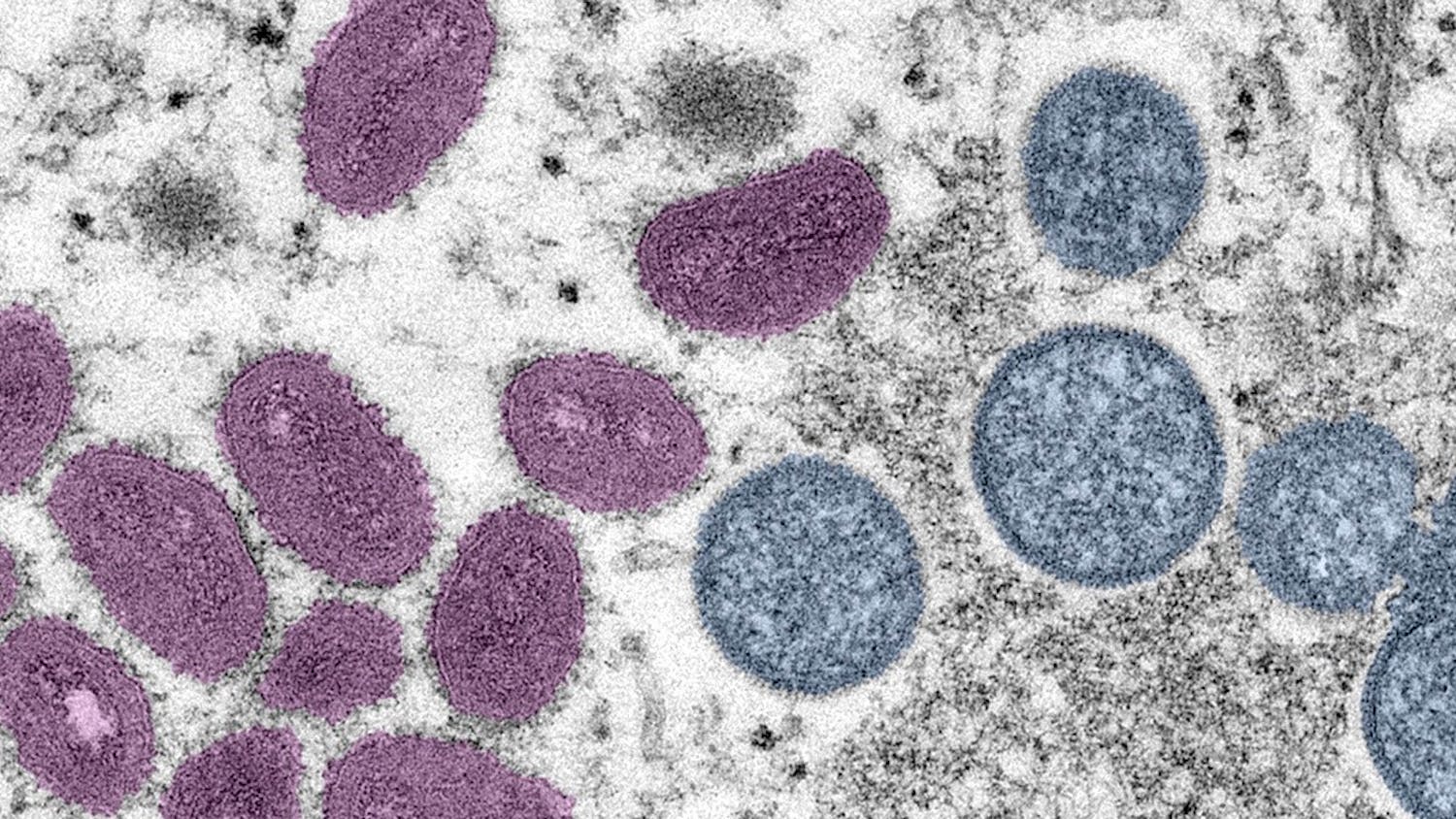Using gene therapy, UF researchers reversed and inhibited multiple sclerosis in mice.
The study, which was published Sept. 21, treated the mice’s liver to halt or reverse the progression of multiple sclerosis, a disease that causes the body’s immune system to attack the nervous system, said Brad E. Hoffman, a research immunologist at UF. People with the disease experience a loss of feeling and paralysis.
The therapy in mice, when combined with an immunosuppressive drug, was especially effective, Hoffman said.
The gene therapy used was meant to assist the production of the neural insulation, and the immunosuppressive drug was meant to suppress the immune system’s attack on neural insulation, Hoffman said.
The study was done over seven months, and the mice treated at the beginning of the study showed no signs of remission.
Even when researchers tried to trigger the MS in mice, the mice stayed in remission.
“We waited several more months, and we rechallenged the mice a second time, and it still prevented in almost 100 percent of them,” Hoffman said.
Hoffman said the results are promising and not just related to MS.
“The platform that we’re developing could also be used for other diseases, other autoimmune diseases potentially.” Hoffman said.





